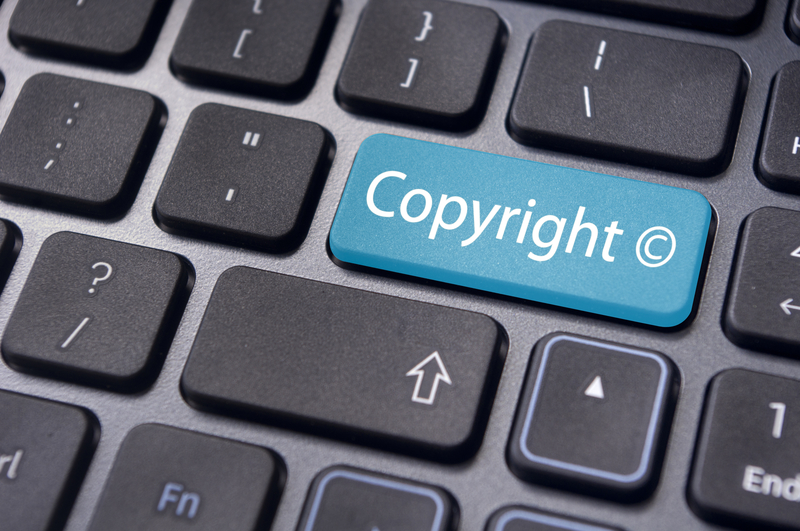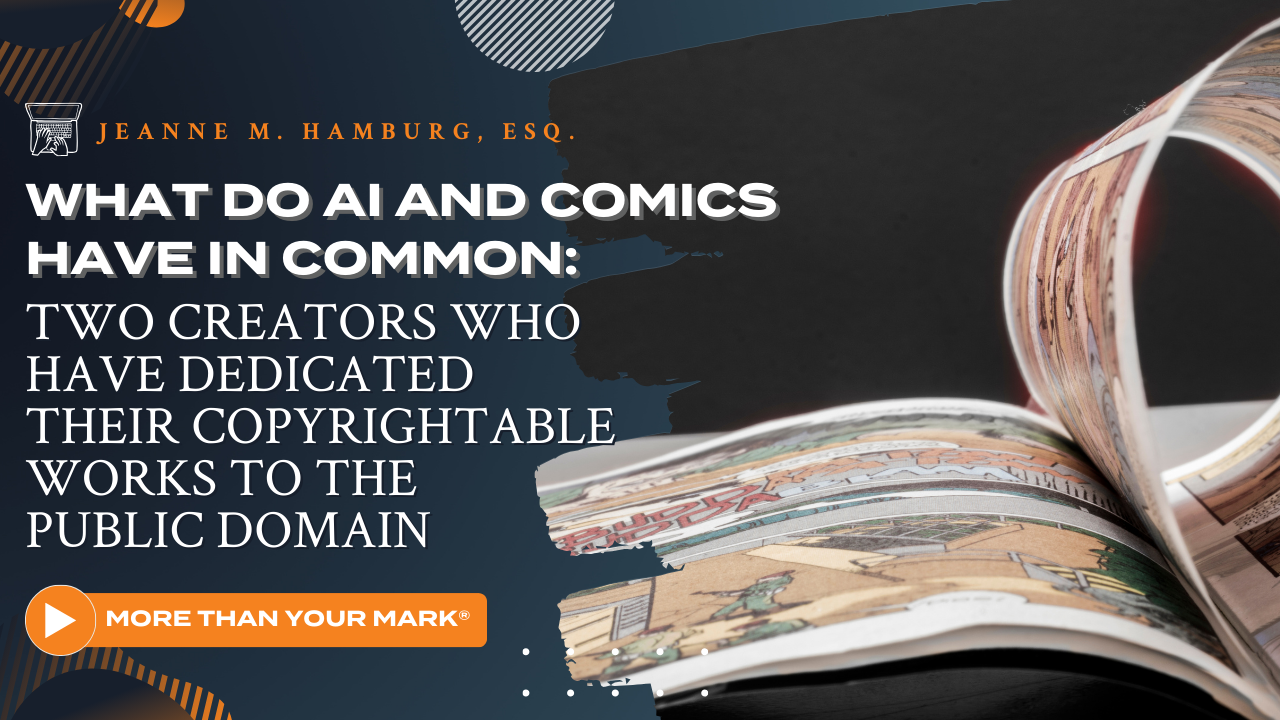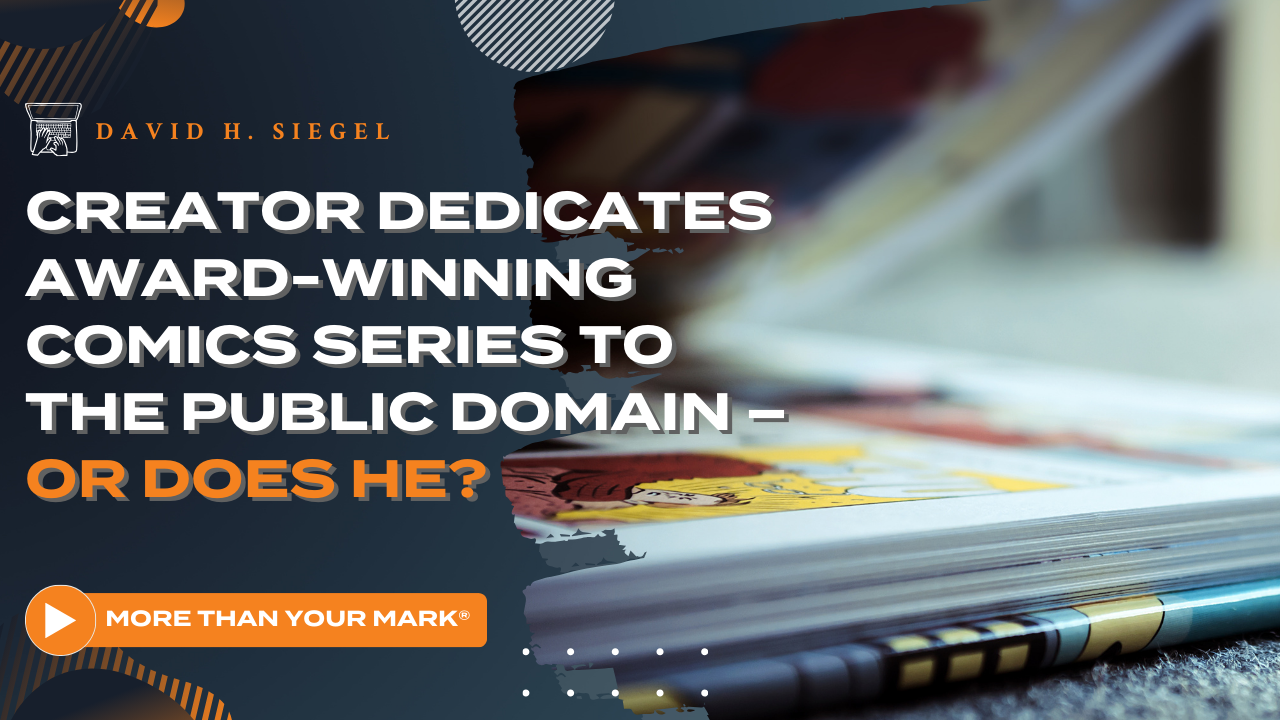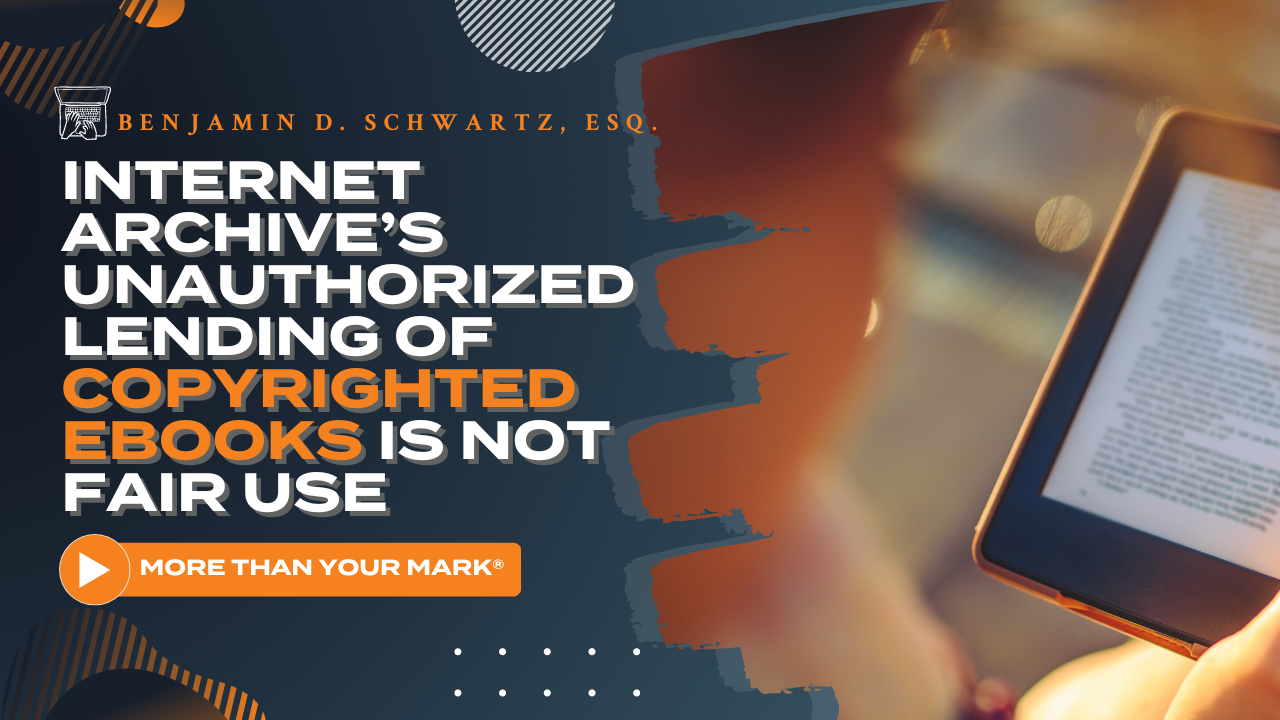The Google v. Oracle Copyright Dispute

In an important decision that many were watching for guidance on the scope of copyright protection afforded software, in the recent Google LLC v. Oracle America, Inc. copyright dispute, the Supreme Court weighed in on the scope of protection available for application programming interfaces (APIs).
Google’s Use of Java-Based Interfaces
In 1990, Sun Microsystems developed a new programming language called Java, as well as several APIs that made it easier for programs that are written in Java to be used on any user’s device. Nearly 15 years later, Google purchased Android from a new startup and used Java’s APIs (without permission) when developing its operating system for its smartphones and other Android devices.
In 2010, Sun Microsystems was purchased by Oracle, which soon claimed that Google had infringed on its copyright by using code from Java’s platform without permission. Google countered, stating that its use of Java-like interfaces was protected by the fair use doctrine, as using similar APIs made Android devices more accessible to other users and application developers, thereby benefiting an entire community of programmers. Oracle pursued its claim, seeking damages for the monetary gain it would have received if Google had obtained a proper licensing agreement for the APIs.
The Supreme Court’s 2021 Ruling
In early April, the U.S. Supreme Court issued an official ruling on the Google-Oracle dispute on whether Google’s unlicensed use of the Java code constituted a copyright infringement or was a fair use of the material.
The Court’s analysis focused on the four-pronged test for fair use: the nature of the copyrighted work, the purpose and character of the use, the amount and substantiality of the copyrighted material, and the market effect of the appropriation of the APIs. On the first factor, the Court found that the APIs served as declaring code rather than implementation, furthering an organizational function similar to the Dewey Decimal System, thus favoring fair use. The Court also ruled that Google transformed the Java APIs “to expand the use and usefulness of the Android-based smartphones,” thus creating “a new platform that could be readily used by programmers,” and that Google limited its use of the Java APIs “as needed to include tasks that would be useful in smartphone programs,” favoring fair use.
Turning to the amount and substantiality of the code taken, the Court found that Google, in taking only .4% of the total Java source code, did not copy the code that was at the heart of how Java was implemented and that “Google copied those lines not because of their creativity, their beauty, or even (in a sense) because of their purpose. It copied them because programmers had already learned to work with [Java] and it would have been difficult ….to attract programmers to…Android…without them.” Without this access, the Court argued, Java developers (and other users) would have needed to write more original code to perform the same functions. For these reasons, the Court found that Google’s use of Java fell within the purview of the fair use doctrine. Finally, in determining whether the copying had impacted Oracle’s market for the code, the Court stated that if it had found for Oracle, it “would risk harm to the public,” as “Oracle alone would hold the key. The result could well prove highly profitable to Oracle (or other firms holding a copyright in computer interfaces) ... [but] the lock would interfere with, not further, copyright's basic creativity objectives.”
While the effects of this ruling remain to be seen, it is anticipated that the Court’s decision will be used by other companies who use pre-existing code, including APIs, to perform common functions, and who could now be protected from prosecution for “unlicensed” use.
Call Today for Help with a Computer Software-Related Copyright Dispute
To learn more about copyright infringement and fair use as they relate to the development and use of computer code or any related intellectual property matters, please contact me at jhamburg@norris-law.com.




